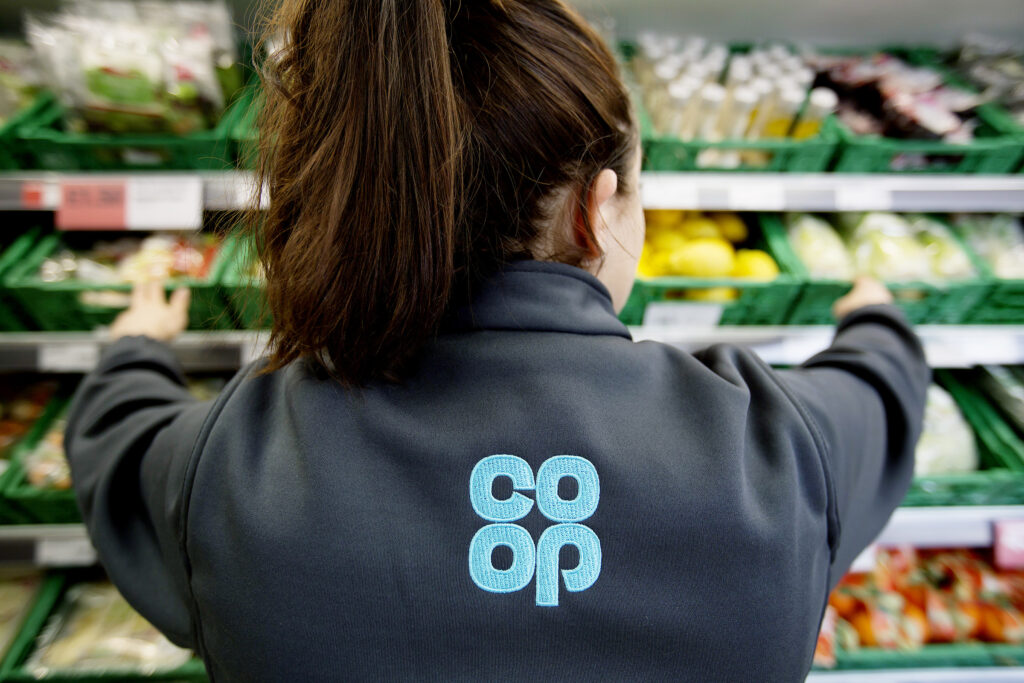The Co-op’s unequivocal support for British bacon and the wider agricultural sector represents a huge endorsement of our industry.
It is backing British food, not just because of its ‘Britishness’, but because of the high standards that underpin it on farms across the sectors. And, importantly, it is prepared to shout about it, with the help of a £10 million marketing campaign.
“All our evidence is that customers want to buy British,” the Co-op’s retail commercial director Michael Fletcher said, citing great taste, superior welfare standards and a desire to support rural communities as selling points.
It is a bold gamble, because the Co-op knows its competitors will retain the option it no longer has of bringing in cheaper imports to soothe the bottom line.
This approach is particularly important to the UK pig sector, arguably more than any other. Nobody needs reminding how the move to higher welfare production in the 1990s, above and beyond all our EU competitors, was rewarded, not with greater market share and a price premium – but with floods of cheaper imports we simply could not compete with. The damage to the sector, which halved in size, was immense.
“The Co-op is by no means the only retailer promoting the Britishness of its food to consumers. When it comes to pork, only Tesco and Asda seem to pay no heed”
Still, today, despite the partial EU sow ban, the UK’s welfare standards stand out from the crowd. The NPA’s Welfare Matrix, highlighted in last month’s Pig World, demonstrated how our production methods, for example when it comes to housing systems, antibiotic use and castration, set us apart not just from the likes of the US, Canada and Brazil, but, in some areas, from our EU competitors.
But while we generally enjoy a price premium over EU pork, it is nowhere near enough to cover our resulting extra costs of production.
So, is the tide now turning? Although it has probably gone the furthest, the Co-op is by no means the only retailer promoting the Britishness of its food to consumers. When it comes to pork, only Tesco and Asda seem to pay no heed.
Cranswick’s strong financial performance has demonstrated that the same is applying on the export markets where China is buying into our welfare, traceability and health standards. ‘Happy Pigs’ equals happy UK exporters in this instance.
The timing is interesting. In a recent survey, 45% of consumers agreed Brexit makes it more important to buy British.
Supply will, of course, be a limiting factor. After the horrors of 2015 and the first half of 2016, the industry is only showing modest signs of expansion. Tight supplies, helping to drive high prices, are also limiting export growth and bringing in imports.
But, if the industry is in the mood for sustainable growth, with improved efficiency and high standards to the fore, the Co-op
is showing what might be achievable. The pig industry will wish it the very best of luck – and urge others to follow suit.




